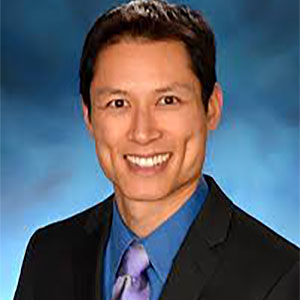COVID-19: Disruption and the Innovation it Demands From Early Career Cardiologists
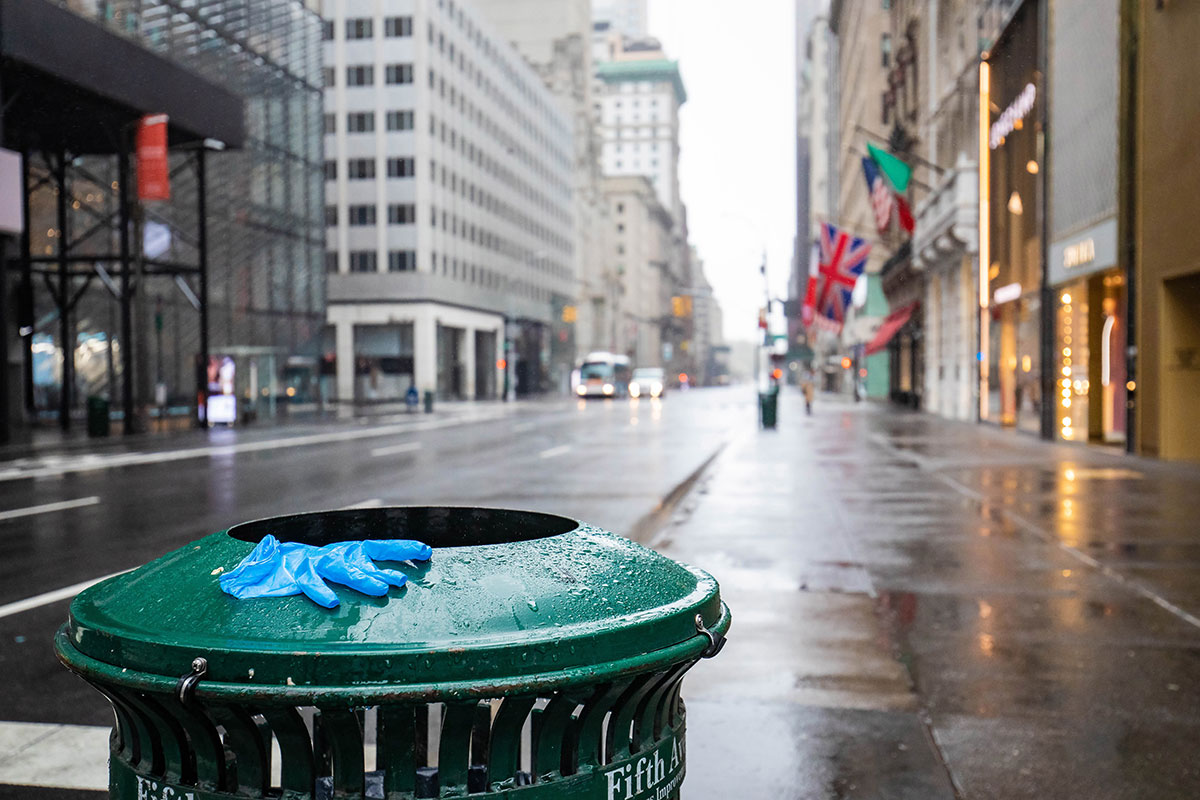
As of the time of this writing, more than 160,000 people worldwide have died from COVID-19, with over 39,000 deaths in the U.S. alone. The COVID-19 pandemic has forcefully disrupted every industrial sector including agriculture, manufacturing, hospitality, education, sports, transportation and health care.
Small and large businesses have all been affected. As early career cardiologists, we must take ownership of the disruptive innovations that will indelibly change our profession.
The rate at which COVID-19 is spreading across the globe has led to necessary innovations to study the disease and translate clinical findings to patient care with unprecedented speed. Traditionally, major practice changes in cardiology arise from large, acronymic trials with thousands of patients and months of follow-up. These trials get incorporated into our guidelines several months if not years later.
The eventual impact of the results of these trials on everyday clinical practice takes longer still. As the COVID-19 pandemic struck the U.S., physicians and all members of the health care team had to scramble to find, interpret and disseminate data through nontraditional means.
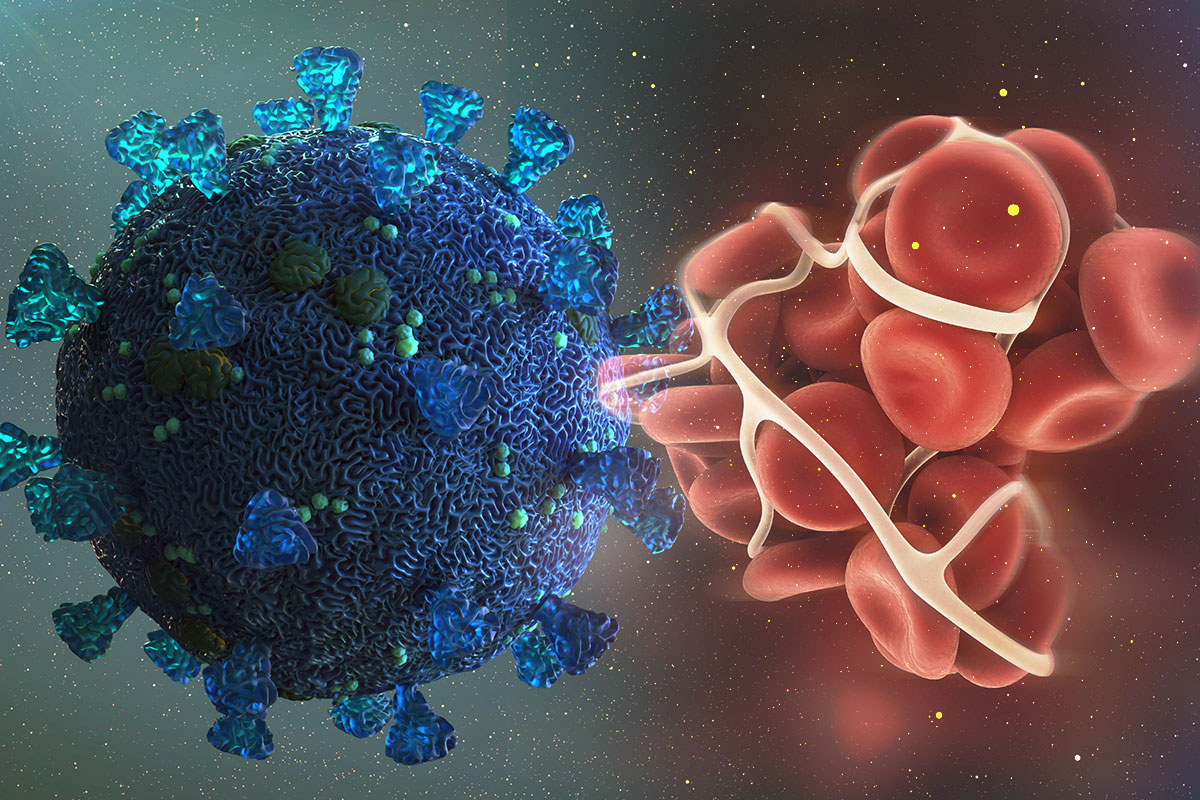
The ACC, for example, organized real-time webinars with frontline doctors in China and quickly disseminated guidance on the use of ACE-inhibitors and thrombolytics in acute coronary syndrome based on expert opinion and what little data was available.
The University of Washington quickly made its COVID-19 policies publicly available so other institutions could learn from their experience. Quarantined intensivists in Seattle and Italy informally shared their experiences on social media posts that were shared with hundreds of thousands of health care providers. Medical bloggers and podcasters have shared data and their interpretations with astonishing efficiency.
Most of this learning may not be eligible for CME or MOC credit; in fact, the role of medical boards may change altogether as physicians become accustomed to crowdsourcing CME from around the world. The rise in crowdsourced medical education increases the efficiency by which we can share information.
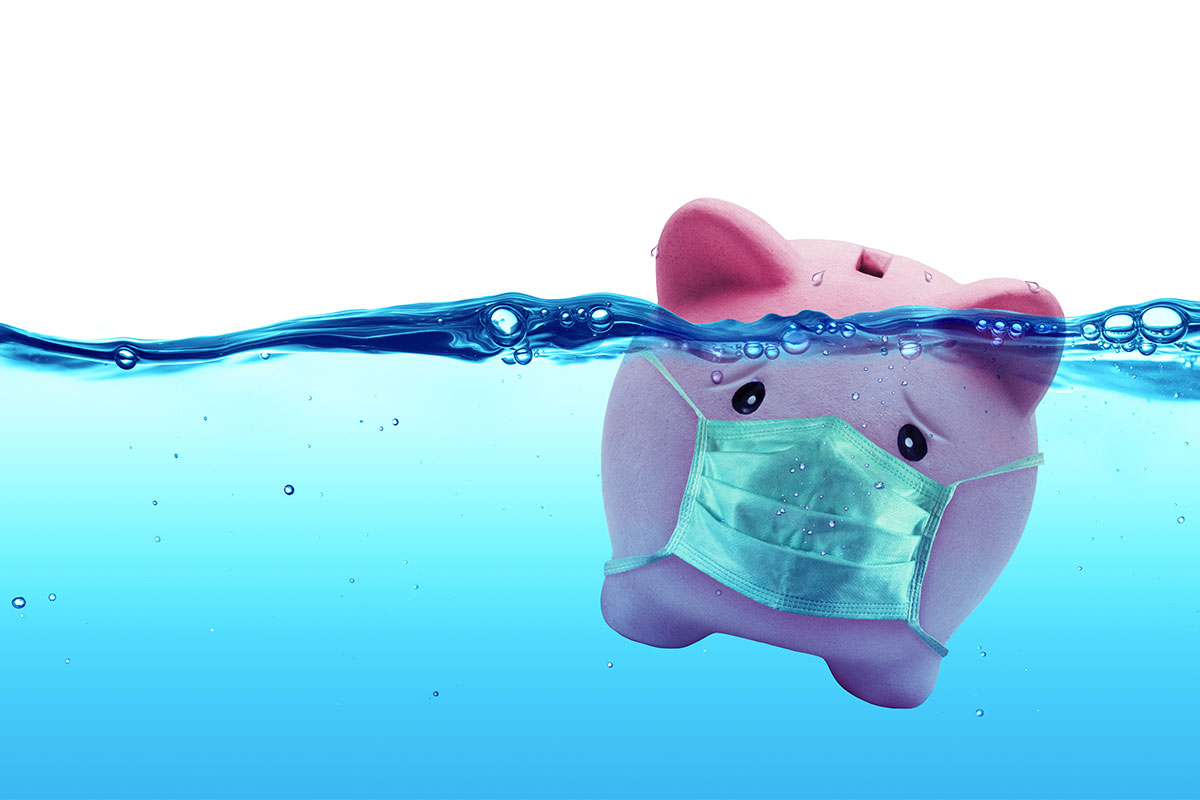
However, it also increases the dissemination of inaccurate information. As early career cardiologists, our ability to take advantage of crowdsourced medical information and critically evaluate them will become indispensable skills in a post-COVID-19 world.
The economics of the U.S. health care system is also changing at a dizzying pace during the COVID-19 pandemic. With the initial need to cancel the majority of outpatient face-to-face clinic visits and elective procedures, insurance companies and Medicare are now reimbursing patient care done via telephone visits and telemedicine.
Prior to the-COVID 19 pandemic, the time we spent on phone calls to our patients was uncompensated, no matter how critical they were to patient care.
While these regulatory changes are meant to be temporary, telemedicine is almost certainly here to stay. The increased access to health care that telemedicine provides at a fraction of the cost of an in-person visit is an undeniable value. As technology improves, the drawbacks of telemedicine will also decrease.
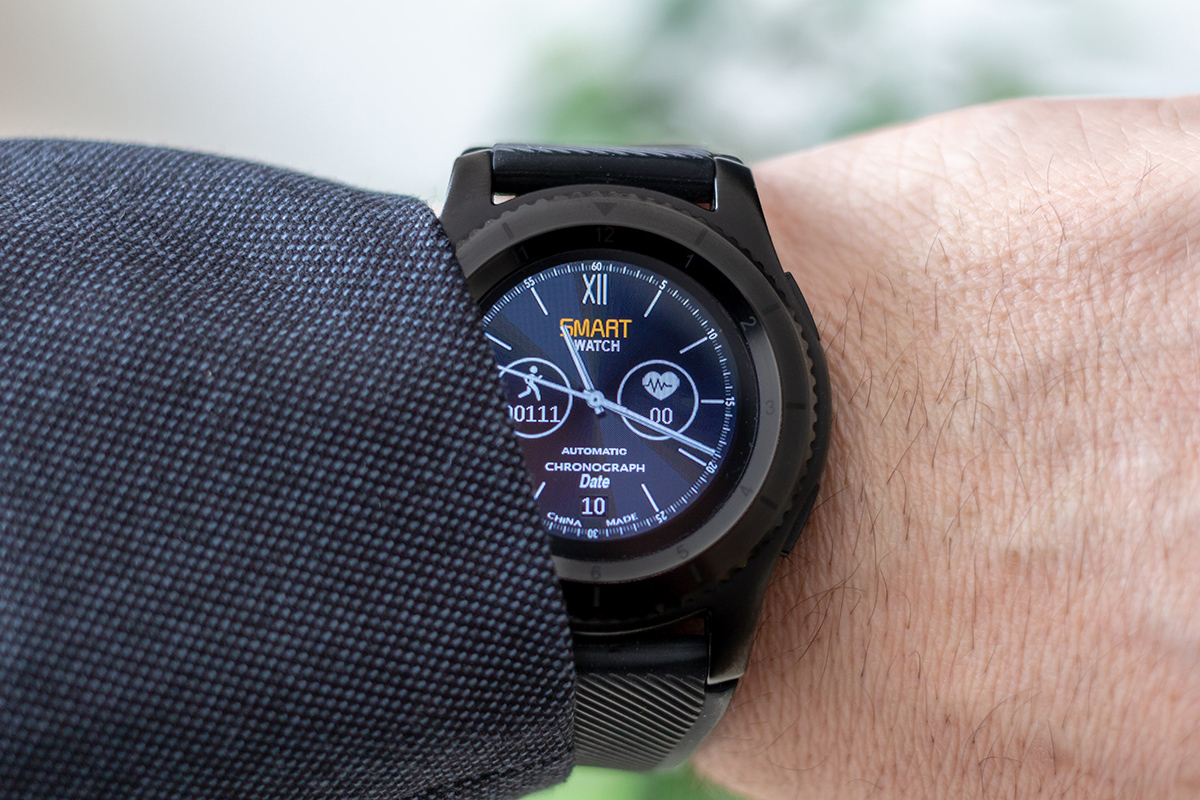
For example, I evaluated a patient's jugular venous pulse through video conferencing for the first time this week, and I can easily assess for edema or tachypnea, as well. We have already seen the ability of personal smart watches to detect atrial fibrillation at home.
The ability of smart phones, wearables devices and implanted cardiac devices to provide cardiac data remotely will only become more sophisticated with time. Early career cardiologists should embrace the increasingly significant role of telemedicine and find ways to deliver remote care more effectively and efficiently.
Our struggle to fight the COVID-19 pandemic will change our lives forever and be a defining moment in our generation of physicians. When this pandemic finally ends, we will have an unprecedented opportunity to embrace the changes in our profession and lead our colleagues into a brave new world.
In the meantime, please take care of yourself, stay safe and know that the world is grateful for what you do.


